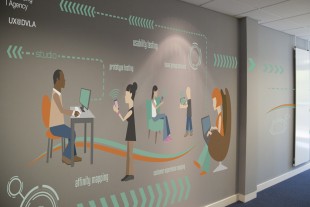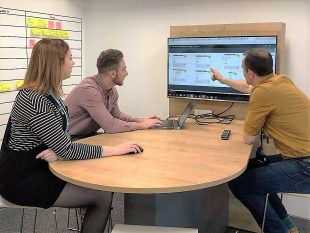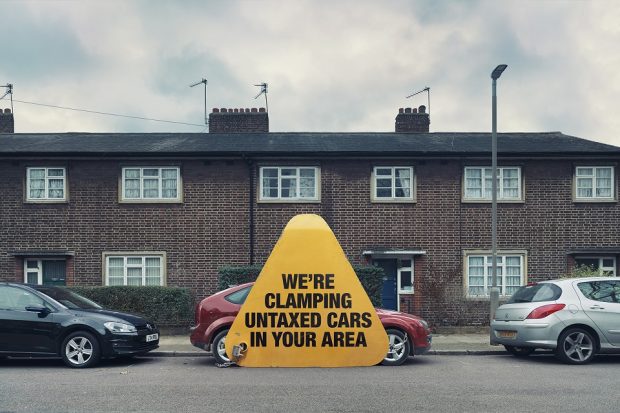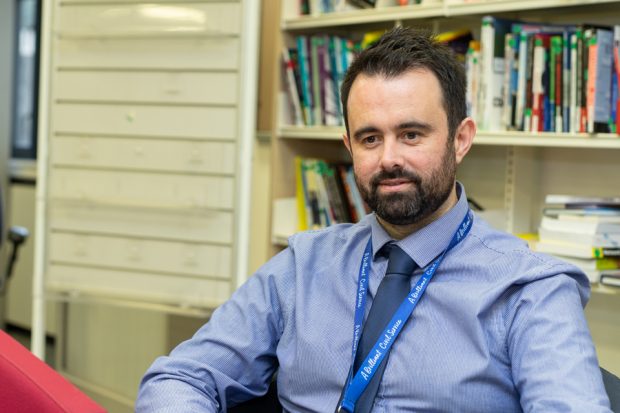How DVLA helps improve employability skills in the local community
Employability skills are the traits and talents that make you an attractive candidate for a job.
You can improve your employability skills through training and practical applications to give yourself an edge in the job market. As a large local employer, we wanted to see how we might help people in the local community with this. And so, our Employability Skills Programme (ESP) was born.
We began by surveying local groups to gain information about what we might do to help those who most need support, such as CRISIS and Remploy. This information helped us understand how our staff could give expert help and advice on preparing people for work, developing their practical skills, and giving them confidence to become the workforce of tomorrow.
Developing skills
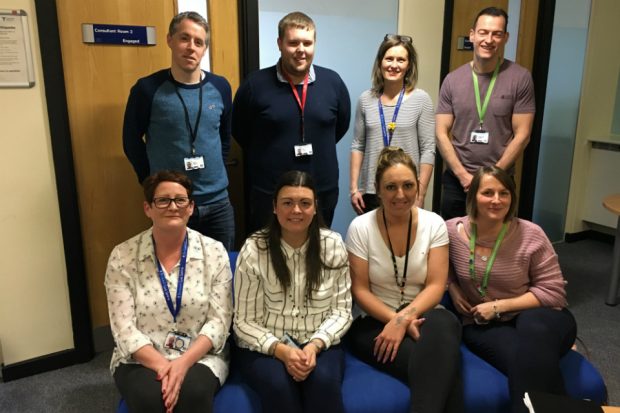
A dedicated pool of Employability Skills Ambassadors from our staff were soon out in the community helping people with a range of activities. These included giving training sessions, conducting on-site tours, holding mock interviews and telephone tests. They have also represented DVLA at local employability or community events. One such event was the Department for Work and Pensions (DWP) first Positive Action Event, providing information and opportunities for our BAME (Black, Asian & Minority Ethnic) customers across Swansea Bay.
Not only does this benefit the community, it is also a fantastic development opportunity for our ambassadors. They are committed and enthusiastic people who have a passion for helping others. It’s a chance for them to develop their skills in communication, presenting and so much more.
Our programme is now well established and has been a great success with requests for our support doubling in number since launch. We are proud to have achieved this with no budget, managing it with just our passion, commitment and time.
What’s next for ESP?
In addition to our regular networking meetings we will celebrate two years of supporting our local community with our external community groups and their clients. Our ambassadors also have a ‘careers information’ session lined up with a group of Year 9 pupils to talk about the skills and attributes DVLA as an employer looks for.
The success of this programme has made us stand out as an employer of choice in the local area. By working to improve skills in our local community we have given not only our staff a chance to develop but also shown that DVLA is a great place to work.
To find out more
You can read about what it’s like to work at DVLA and you can also take a look at our latest vacancies on Civil Service jobs.
Follow DVLA on Twitter, follow us on Facebook and connect with us on LinkedIn. You can also subscribe to the DVLA digital services blog.
